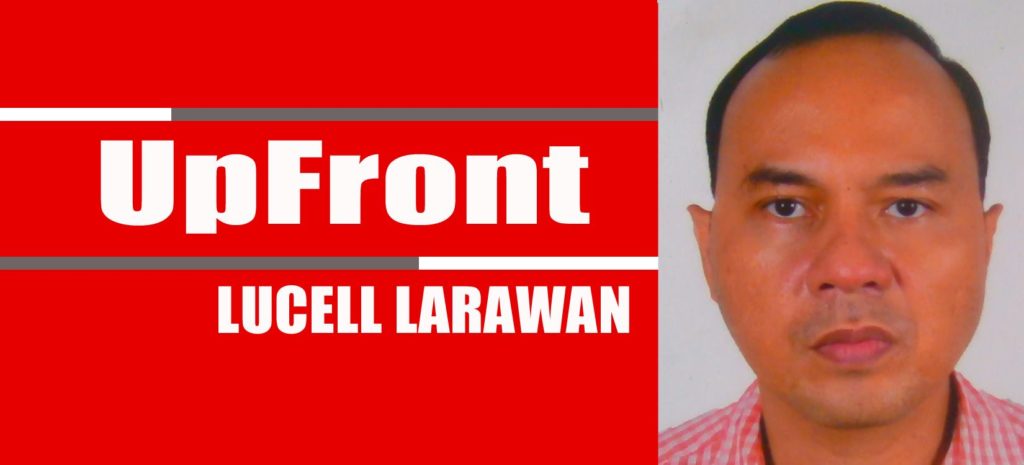
IN THE swirling tempest of modern American politics, a remarkable narrative has emerged – one that transcends conventional political analysis and ventures into the realm of divine prophecy. Like a thunderbolt splitting the familiar landscape of political discourse, Donald Trump’s presidency has ignited fervent discussions among religious scholars who see in him echoes of King Jehu, the biblical ruler who transformed ancient Israel through bold, often controversial actions.
“Just as Jehu was anointed to disrupt the established order and restore divine principles, Trump emerged as an unlikely vessel for God’s purposes in our time,” declares Pastor John Hagee, founder of Christians United for Israel. This parallel isn’t merely poetic – it’s rooted in striking similarities that have captured the imagination of religious observers worldwide.
The biblical Jehu, described in 2 Kings 9-10, emerged as an unexpected choice for leadership, much like Trump’s rise from business mogul to president. Jehu’s divine mandate included purging corruption from Israel’s leadership and restoring traditional worship – a mission that many see reflected in Trump’s promise to “drain the swamp” and protect religious freedoms.
The theme of divine protection weaves through both narratives like a golden thread. During the January 6th Capitol events, Trump’s supporters point to his preservation as reminiscent of Jehu’s supernatural protection during his turbulent ascent to power. “The hand of providence that protected Jehu now shields Trump,” declares Lance Wallnau, author of “God’s Chaos President,” drawing parallels to Jehu’s survival against overwhelming odds (2 Kings 9:20-24).
Trump’s decision to recognize Jerusalem as Israel’s capital in 2017 sent shockwaves through the international community. This bold move, echoing Jehu’s decisive actions in ancient Israel, fulfilled a promise many previous presidents had sidestepped. Rabbi Yehudah Glick, former member of the Knesset, proclaimed it “a divine act following biblical prophecies about Jerusalem’s restoration.” The decision aligned with prophecies in Zechariah 12:3 about Jerusalem’s central role in end-time events.
The Trump administration’s pro-life stance mirrors Jehu’s opposition to practices that defied divine law. His appointment of three Supreme Court justices led to the landmark overturning of Roe v. Wade, while his Department of Health and Human Services established a Conscience and Religious Freedom Division. “Like Jehu dismantling the temples of Baal, Trump has worked to dismantle structures that defy biblical principles,” notes Franklin Graham, comparing Trump’s actions to Jehu’s religious reforms (2 Kings 10:18-28).
Trump’s support for Israel extended beyond symbolic gestures. The Abraham Accords, brokered under his administration, forged unprecedented peace agreements between Israel and Arab nations, fulfilling aspects of Isaiah 19:23-25 about regional reconciliation. His recognition of Israeli sovereignty over the Golan Heights and revision of policies regarding settlements were seen by many as fulfilling biblical promises about Israel’s restoration.
Prophetic interpretations gained further traction through Trump’s executive orders protecting religious organizations and creating religious freedom task forces. Michele Bachmann, former congresswoman and dean of Regent University’s Robertson School of Government, draws parallels between these actions and Jehu’s protection of faithful believers, citing 2 Kings 10:15-16.
Dutch Sheets, a prominent evangelical leader, points to Trump’s judicial appointments as fulfilling prophetic words about “turning the courts back to righteousness.” The appointment of over 230 federal judges and three Supreme Court justices has been compared to Jehu’s establishment of righteous judgment in Israel.
In our complex modern world, where the sacred and secular often seem irreconcilably divided, Trump’s presidency has become a fascinating prism through which to view the intersection of ancient prophecy and contemporary politics. Like Jehu, whose reign was marked by controversy and dramatic reform, Trump’s impact on American society has been profound and polarizing.
The prophetic mantle some see upon Trump’s shoulders raises essential questions about divine purpose in our age. Whether viewed as modern-day Jehu or simply as a transformative political figure, his presidency has undeniably reshaped the landscape of American religious and political discourse.
As we continue to process the implications of Trump’s tenure, one thing remains clear: the ancient practice of seeking divine meaning in political leadership remains vibrant in our time. And like the ancient chroniclers who recorded Jehu’s story, we find ourselves witnessing – and documenting – events that may echo through generations to come.

